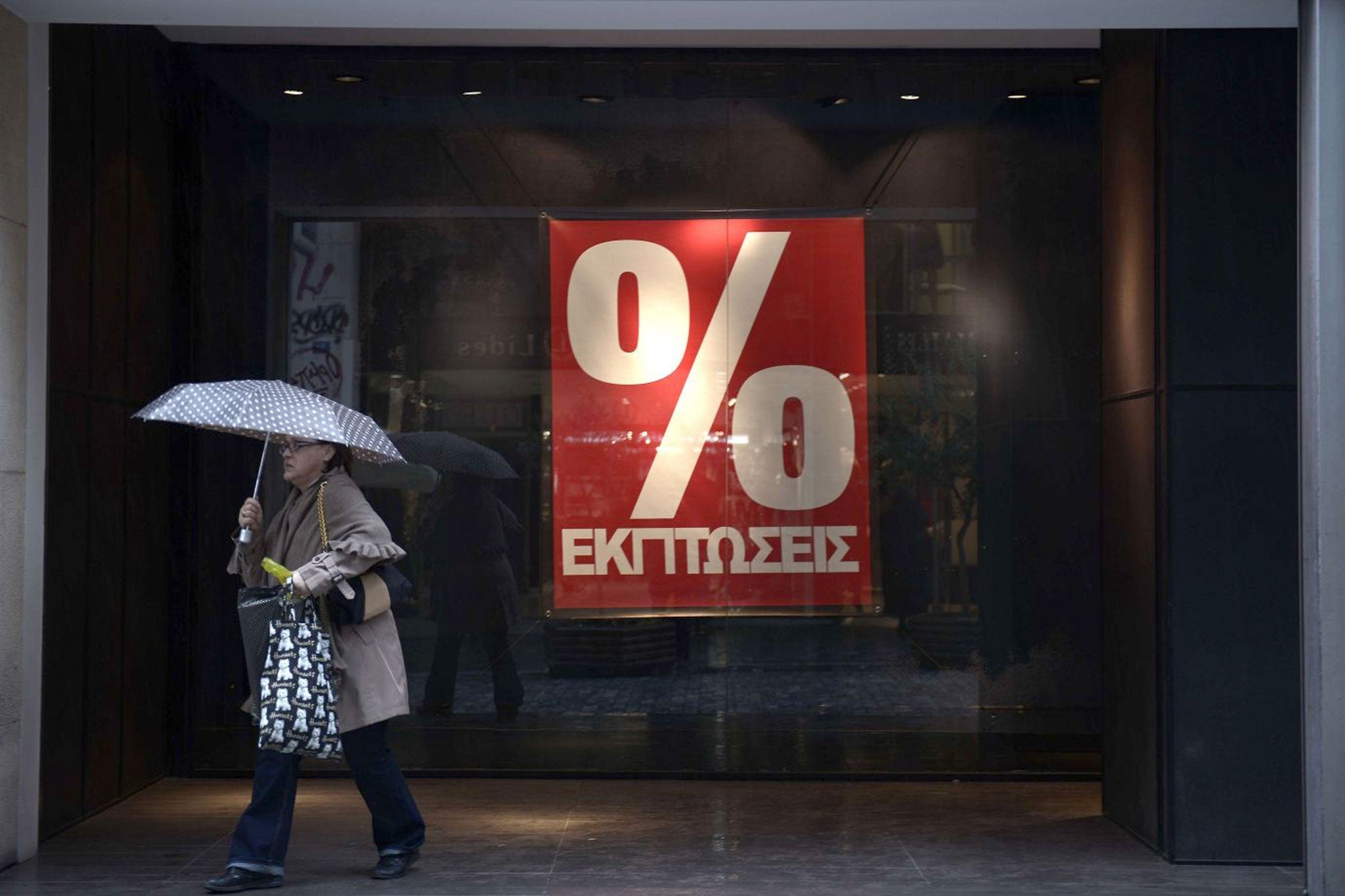The Independent's journalism is supported by our readers. When you purchase through links on our site, we may earn commission.
Mark Dampier: So you've got pension freedom... will it end up as a cold shower?

In less than three months' time radical changes to pensions will take effect, providing investors with more freedom. Yet for those who prefer to make their own investment decisions, the choice of funds available is overwhelming. And an income drawdown account is also not particularly easy to manage.
Market volatility means it has become remarkably difficult to navigate the various global stock markets successfully, and it's impossible to have the foresight to move in and out of different areas of the market at precisely the right time.
To generate an income in retirement, my own preference would be to invest in funds offering a yield.
This may sound simple, but it does not always provide the required level of income. Many investors supplement this by taking capital withdrawals from their investment. There may be times when the stock markets fall hard and fast, at which point it would be wise to stop taking capital withdrawals – not an easy decision when you need to pay the bills. Consequently, fund choices are very important, especially at a time when bond yields sit at remarkably low levels after enjoying a 30-year bull market.
I suggest investors consider an income-paying fund, which adopts a relatively cautious approach. A mixed-asset portfolio, such as the Henderson Cautious Managed Fund run by Chris Burvill, aims to generate smoother returns with lower volatility than pure exposure to the stock market. It adapts to changing market conditions by actively shifting its exposure to shares, bonds and cash.
Mr Burvill keeps things straightforward. He takes into account that different assets tend to perform well at different points in an economic cycle. The equity element of the fund is largely focused on UK shares, while the fixed-interest portion invests in government and corporate bonds, as well as higher-risk, high-yield bonds.
He does not invest in commodities or currencies – two areas which are notoriously difficult to get right.
It is an approach that has paid off. The fund has delivered an excellent return of 137.1 per cent since launch in 2003, compared with 92.1 per cent for the average fund in the peer group. That said, 2014 was a more difficult year for the fund, partly due to the strength of the US stock market and the recent strength of the US dollar.
Mr Burvill is prepared to take advantage of stock market volatility. Towards the end of last year, during a period of market weakness, he took the opportunity to add to positions including Vodafone, GlaxoSmithKline and AstraZeneca. He has also identified new ideas in a number of small and medium-sized companies, initiating positions in N Brown and Fenner.
Get a free fractional share worth up to £100.
Capital at risk.
Terms and conditions apply.
ADVERTISEMENT
Get a free fractional share worth up to £100.
Capital at risk.
Terms and conditions apply.
ADVERTISEMENT
Presently, equities represent 51 per cent of the fund, and exposure can reach a maximum of 60 per cent. The fixed-interest exposure currently comprises one third of the portfolio. The cash weighting is relatively high at 16 per cent, reflecting Mr Burvill's view that bond prices and yields are not attractive enough. If bond markets weaken, he is likely to increase this part of the portfolio.
Mr Burvill remains conscious of the rise in global political and economic risk. One thing we both agree on is that current conditions are about as interesting as we can ever remember. Current concerns are focused on the upcoming Greek election, which could lead to the country's exit from the euro.
Mr Burvill has a commendable record. While no fund is completely immune from the vagaries of the stock and bond markets, I feel those seeking an investment offering the potential for both income and capital growth would be well placed with him.
In conclusion, I feel this fund could provide the core to many portfolios, given its flexible and diversified approach, and could be a suitable addition to a pension portfolio. The fund currently offers a variable yield of 3.1 per cent. There may be higher-yielding funds available, but if you take capital withdrawals from your portfolio and you are forced to stop when the stock market runs into trouble, this "natural" yield would start to look very attractive.
Mark Dampier is head of research at Hargreaves Lansdown, the asset manager, financial adviser and stockbroker. For more details about the funds in this column, visit www.hl.co.uk
Join our commenting forum
Join thought-provoking conversations, follow other Independent readers and see their replies
Comments
Bookmark popover
Removed from bookmarks